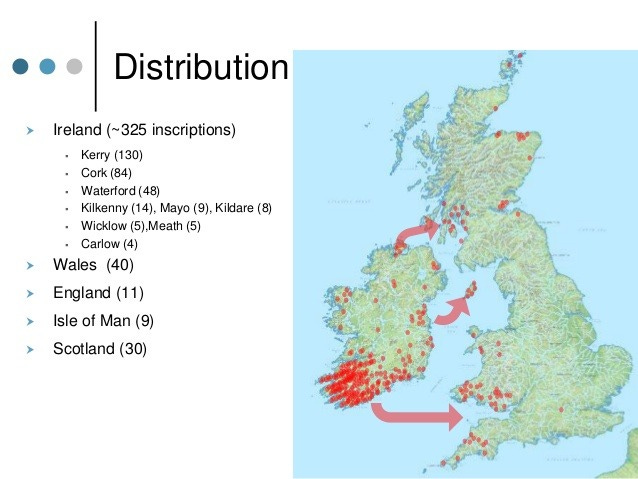The Birth of Britain
2500BC to 600AD.
The linguistic history of Britain begins with the Bell Beaker conquest after 2500BC. Whatever language the previous inhabitants spoke is entirely unknown.1 With the Bell Beaker conquest, Britain was invaded, occupied, and subject to one of history’s great genocides.
The previous inhabitants, who were descended from Anatolian farmers, had 90% of their population wiped out by Indo-Europeans. The contention of British “nativists” that the British population has ancestry going back tens of thousands of years depends on a small admixture from these Anatolian farmers, constituting roughly 10% of modern British ancestry. The Bell Beaker invasion was, in this regard, extremely similar to the European conquest of North America. It was a total population replacement.
While the Bell Beakers spoke an Indo-European language, it is not entirely clear whether their language was Germanic, Celtic, or the ancestor of both of those languages. Some hypotheses even posit a Belgic language family, between Germanic and Celtic, which was then wiped out or assimilated by simultaneous Celtic and Germanic expansion.
Whatever dialect the Bell Beakers spoke, the linguistic continuity between the Celtic of mainland Europe and the Celtic of the British isles suggests a much later linguistic interaction than 2500BC. Accordingly, the migration of peoples from northern France into Britain between 1300BC and 700BC is termed the Celtic invasion. These Celts spoke an Indo-European language, but unlike the Bell Beakers who preceded them, they had spent over a thousand years inter-mixing and inter-breeding with the Anatolian farmers.
Like the Germanic Futhark, the Celts had an alphabet known as Ogham, which is attested in crude inscriptions on monuments, similar to the runestones of Scandinavia.
When Julius Caesar first arrived in Britain, it was this intermixed population which he perceived as “native British.” In fact, the religious ties between the British and Gauls was so great that Caesar claimed they had a central “pope” and pilgrimage:


